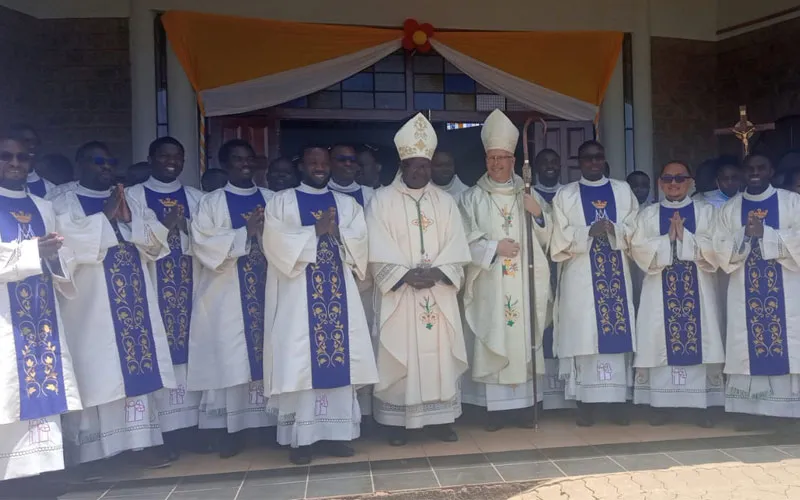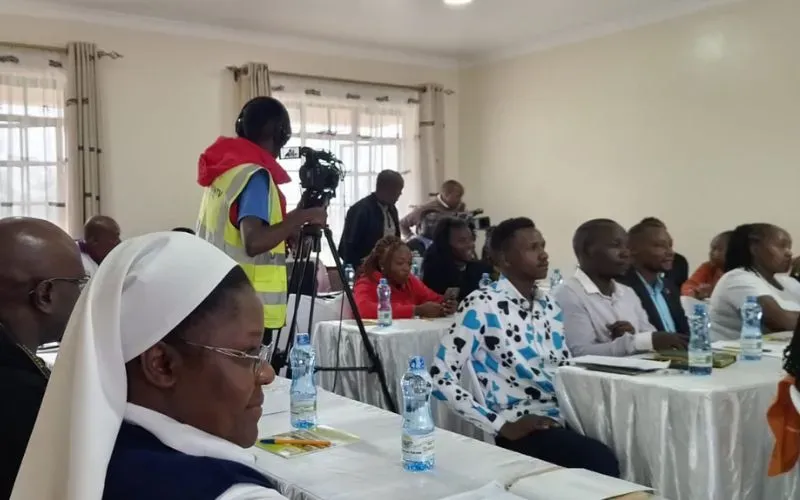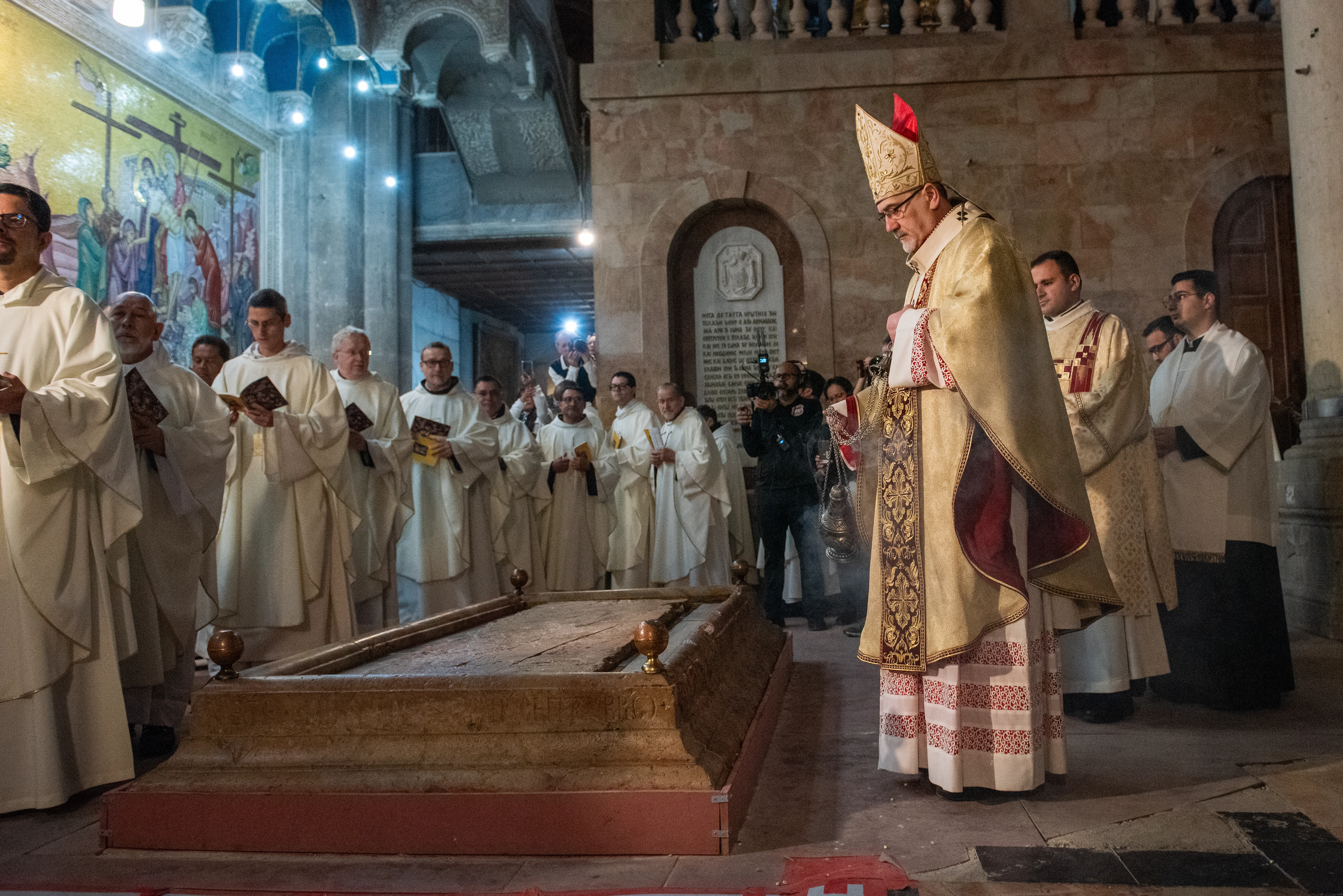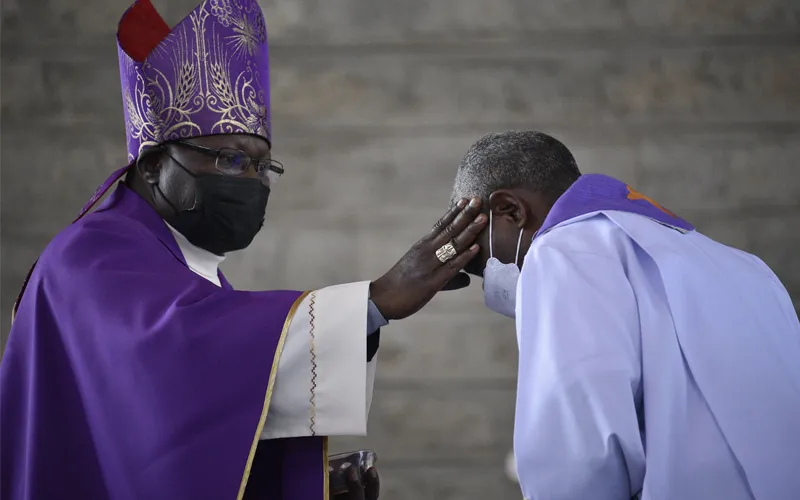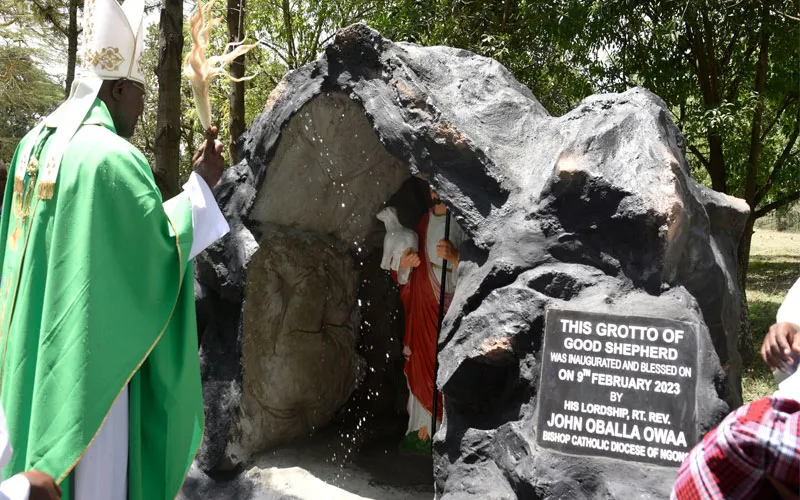Ngong, 26 September, 2022 / 10:10 pm (ACI Africa).
A Catholic Priest is most likely to face more opposition, criticism and all manner of threats from his fellow members of Clergy and confreres than from anywhere else, the representative of the Holy Father in Kenya has said.
In his homily during the September 24 Diaconate Ordination at St. Joseph the Worker Cathedral of the Catholic Diocese of Ngong in Kenya, Archbishop Hubertus van Megen cautioned Priests against keeping the company of colleagues who have the habit of always criticizing others.
Archbishop van Megen told the 12 members of St. Joseph’s Missionary Society, also known as the Mill Hill Missionaries (MHM), he was about to ordain transitional Deacons that it is within the Church that a Priest faces the biggest threat, away from other challenges including culture shocks.
“Sometimes you will be sent to difficult places, and sometimes, the mission seems to be filled with endless challenges and obstacles and you may be full of frustration. Many times, those challenges are rooted in the nature of the mission, and the people you have to mission to, and the place you have to go, the culture and the climate. But the true difficulties and threats are not coming from outside the Church but from inside the Church,” he said.
The Apostolic Nuncio in Kenya who also representatives the Holy Father in South Sudan added, “Those who criticize you, those who speak behind your back, those who try to destroy you are many times your own colleagues, your fellow Priests, maybe even members of your own Congregation who spend long hours drinking and criticizing others.”



